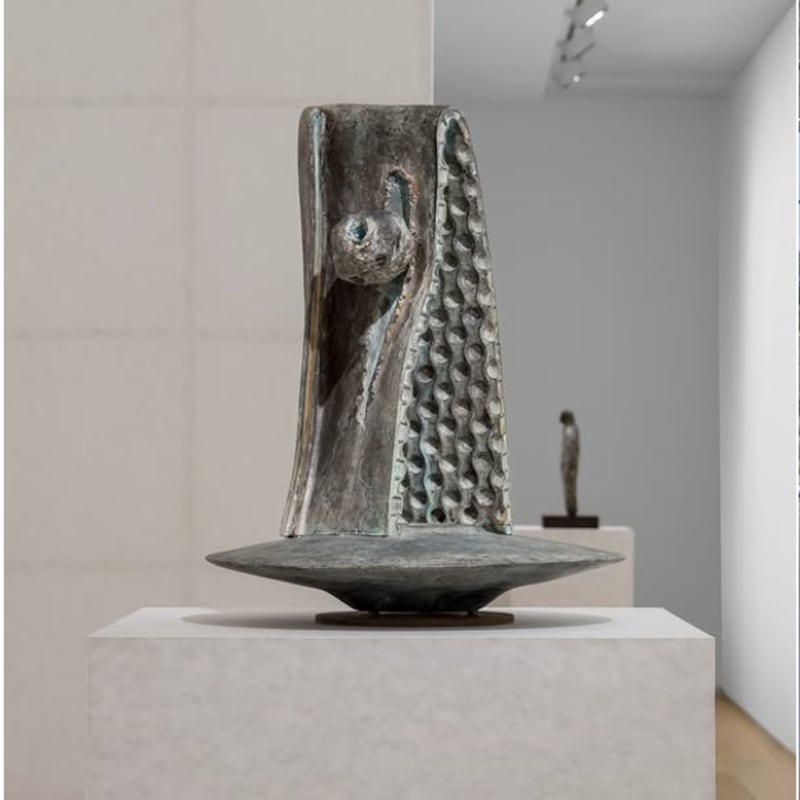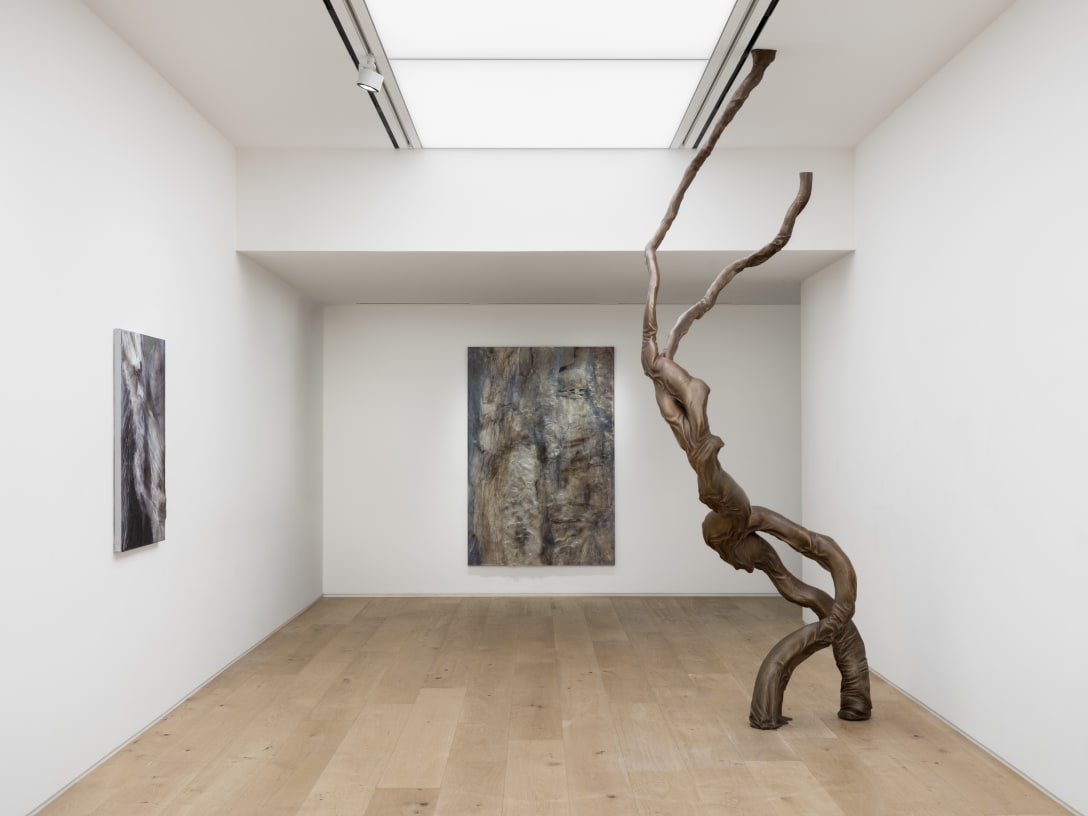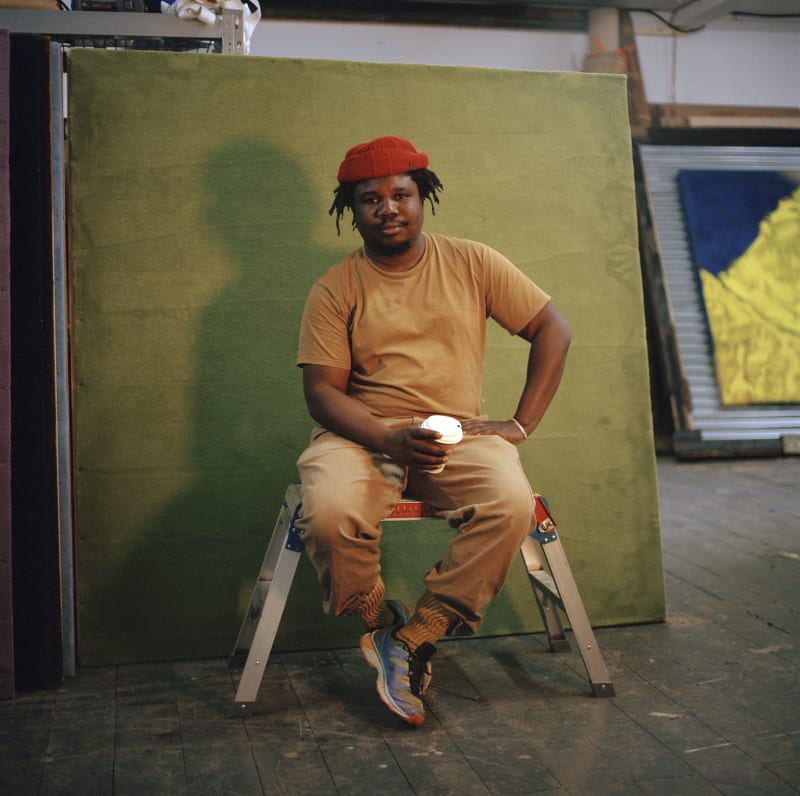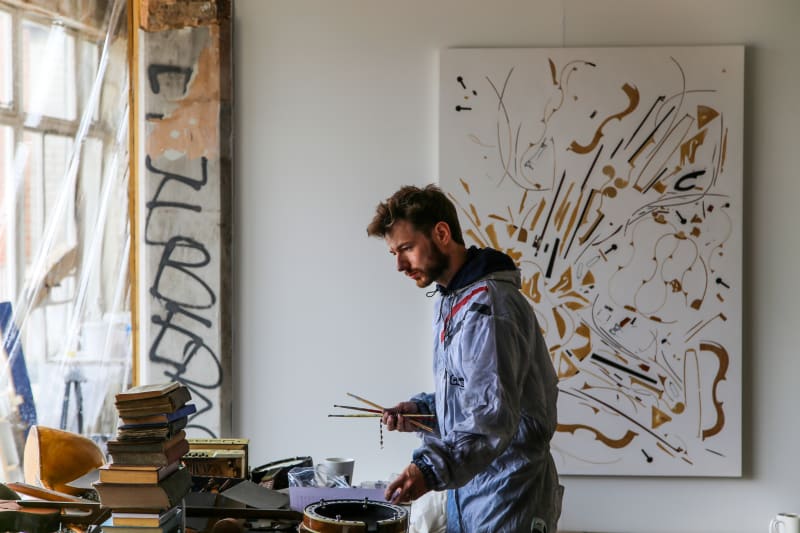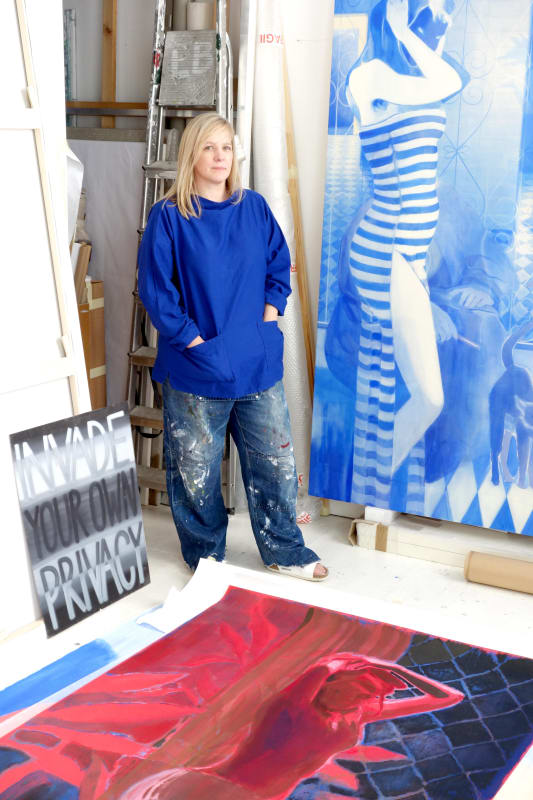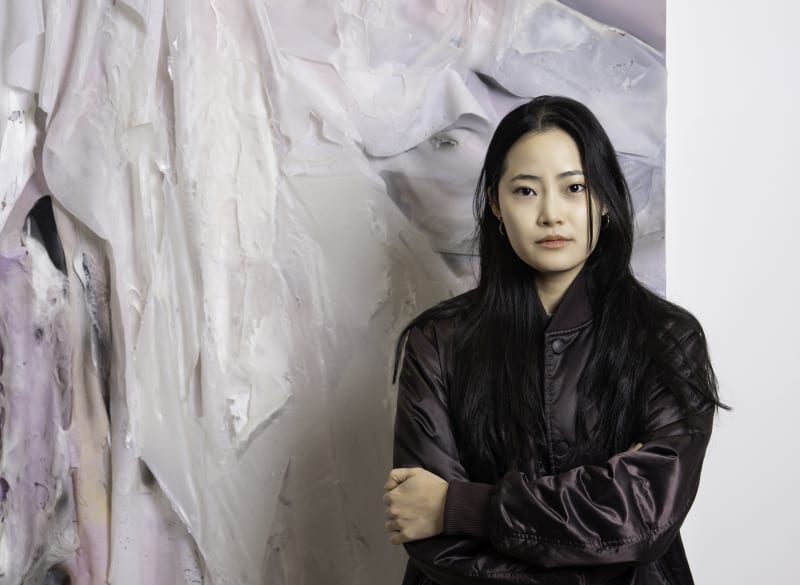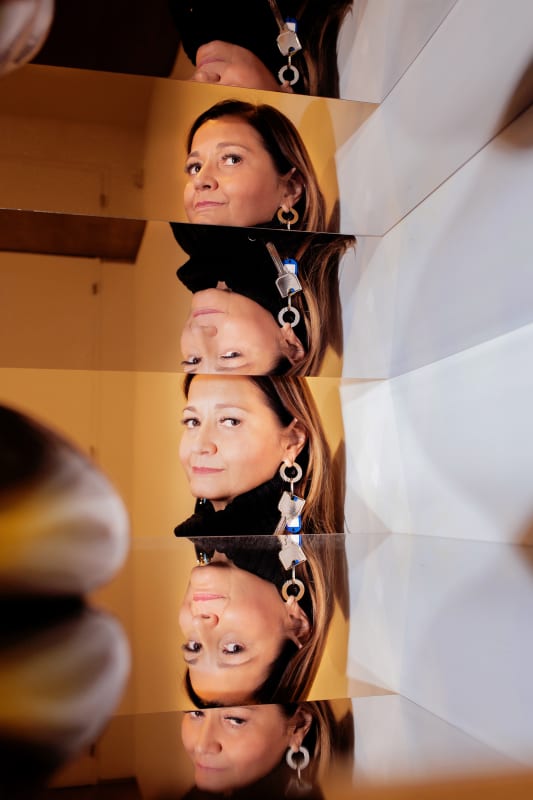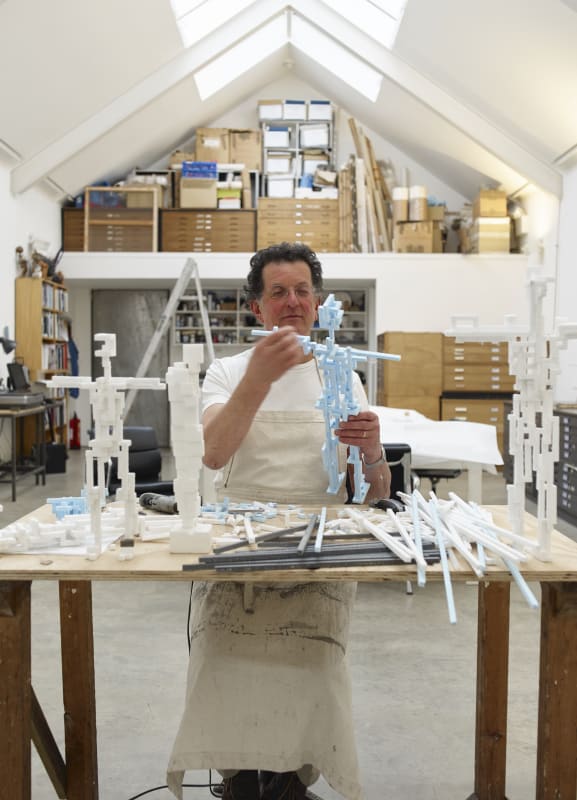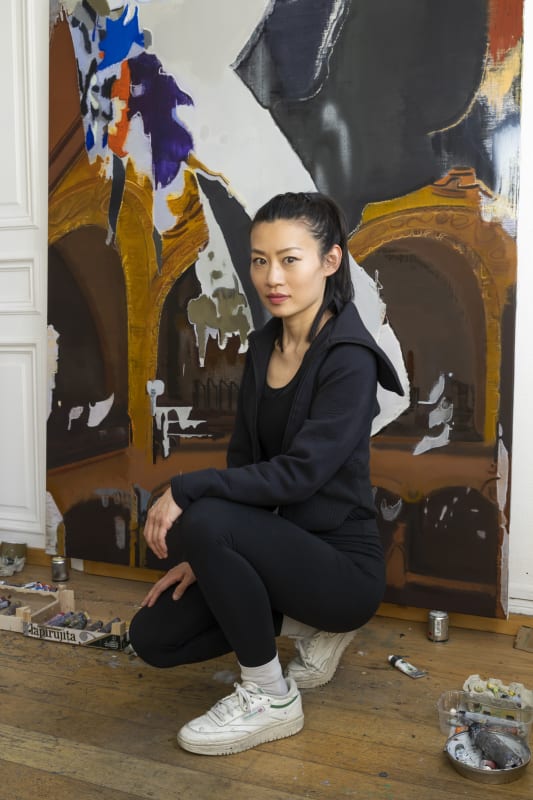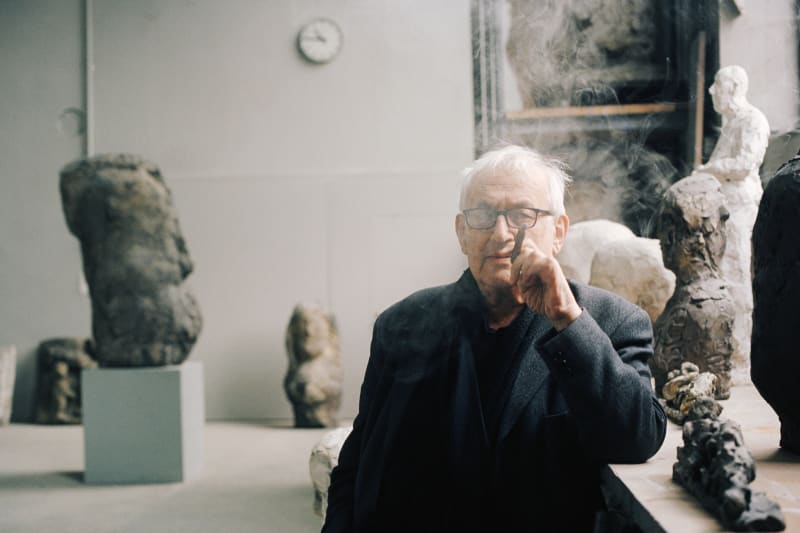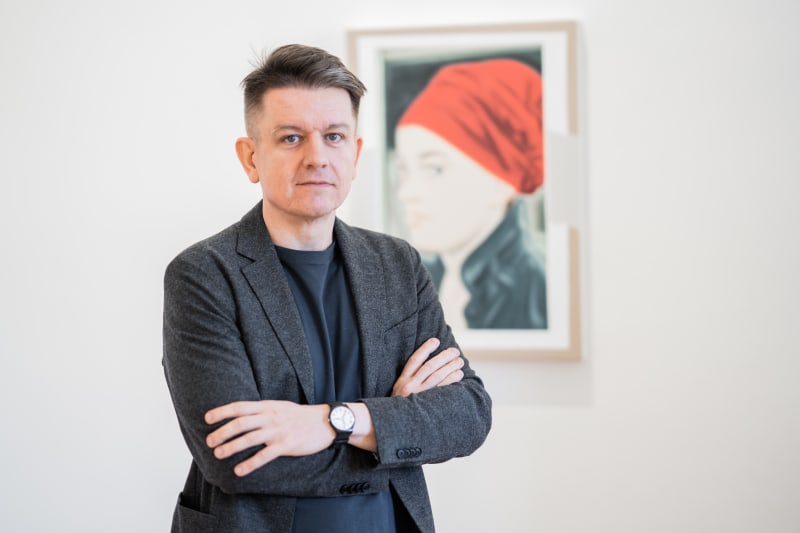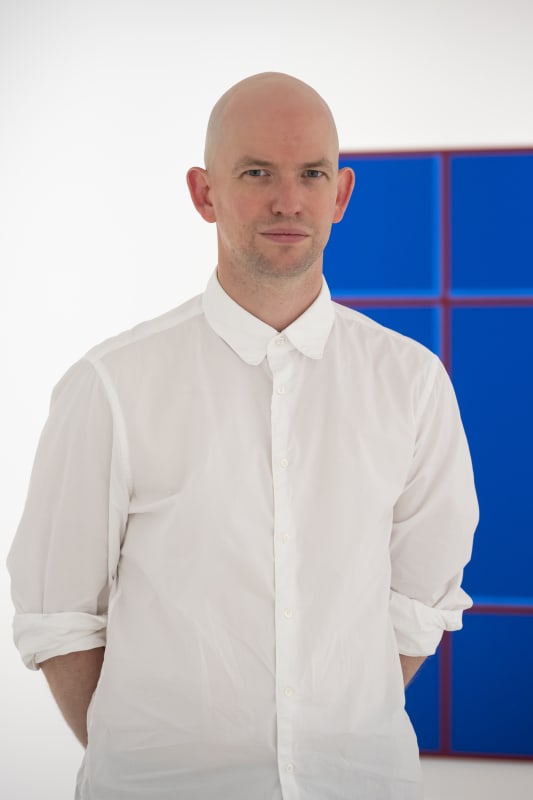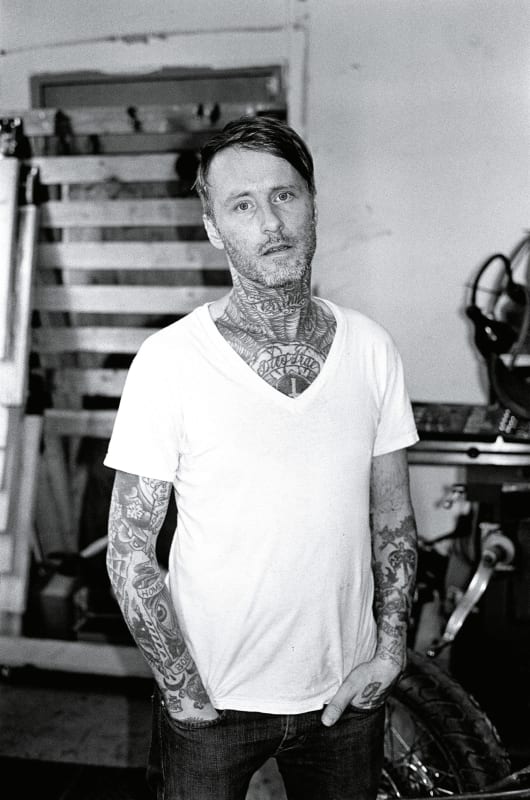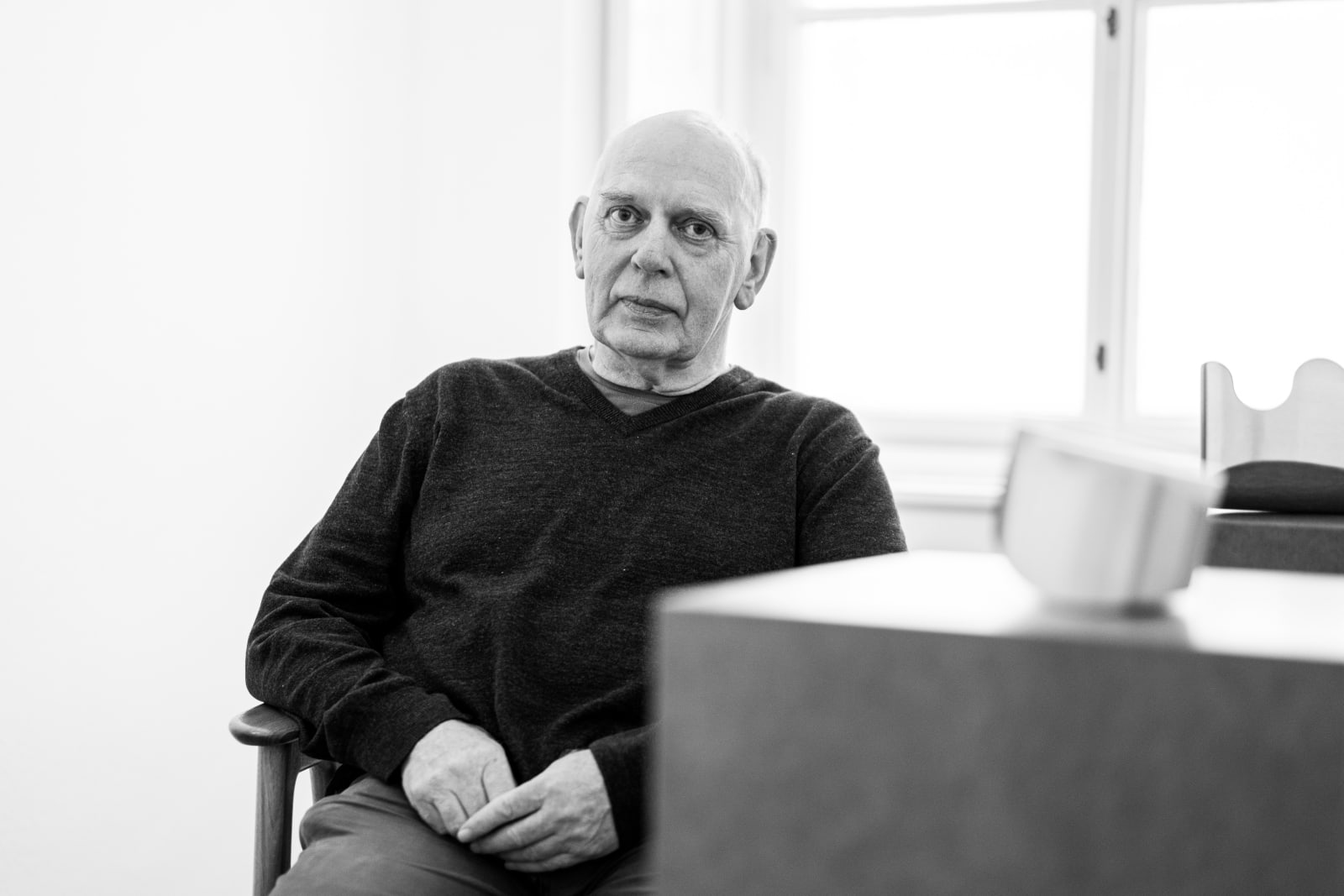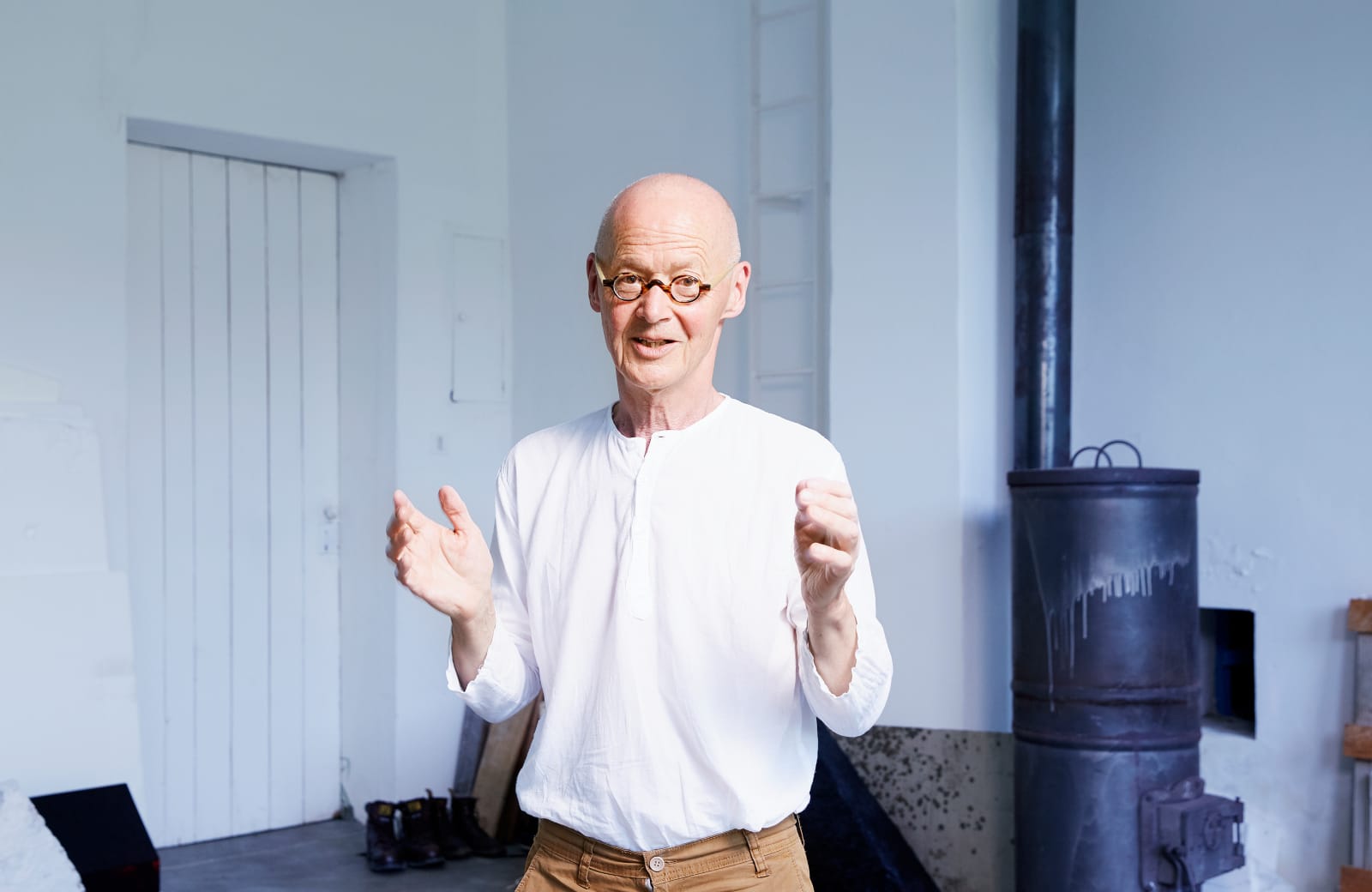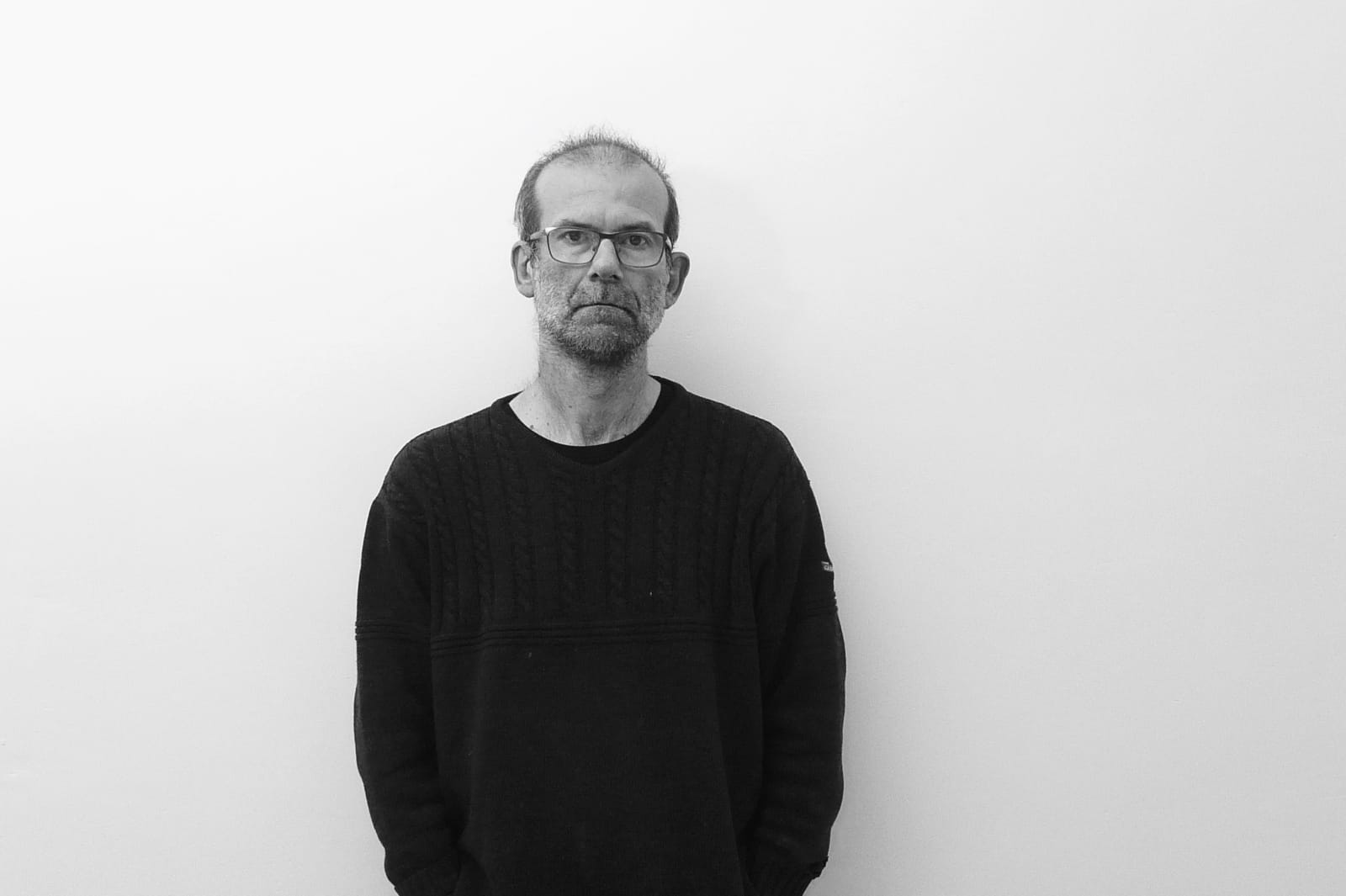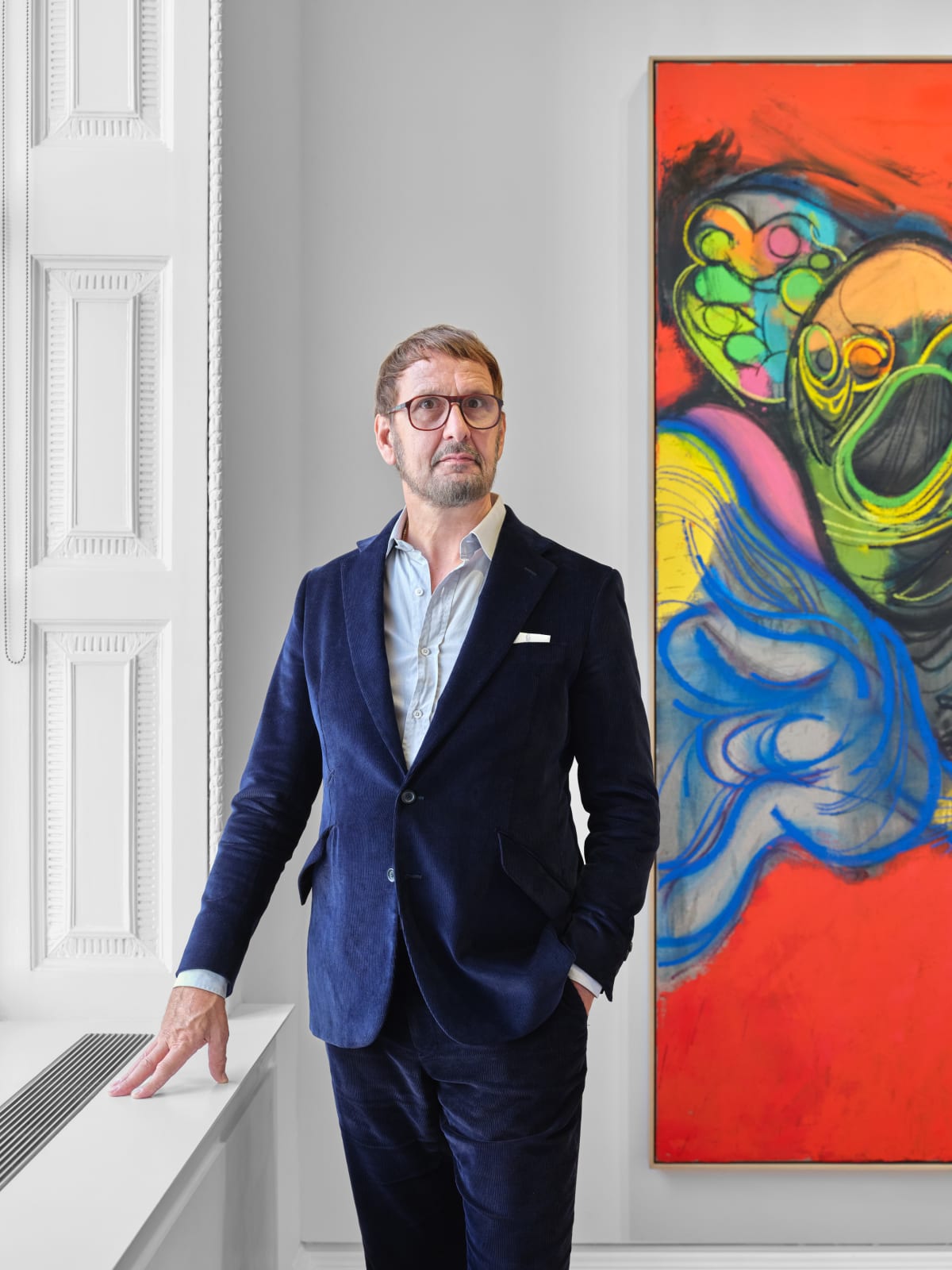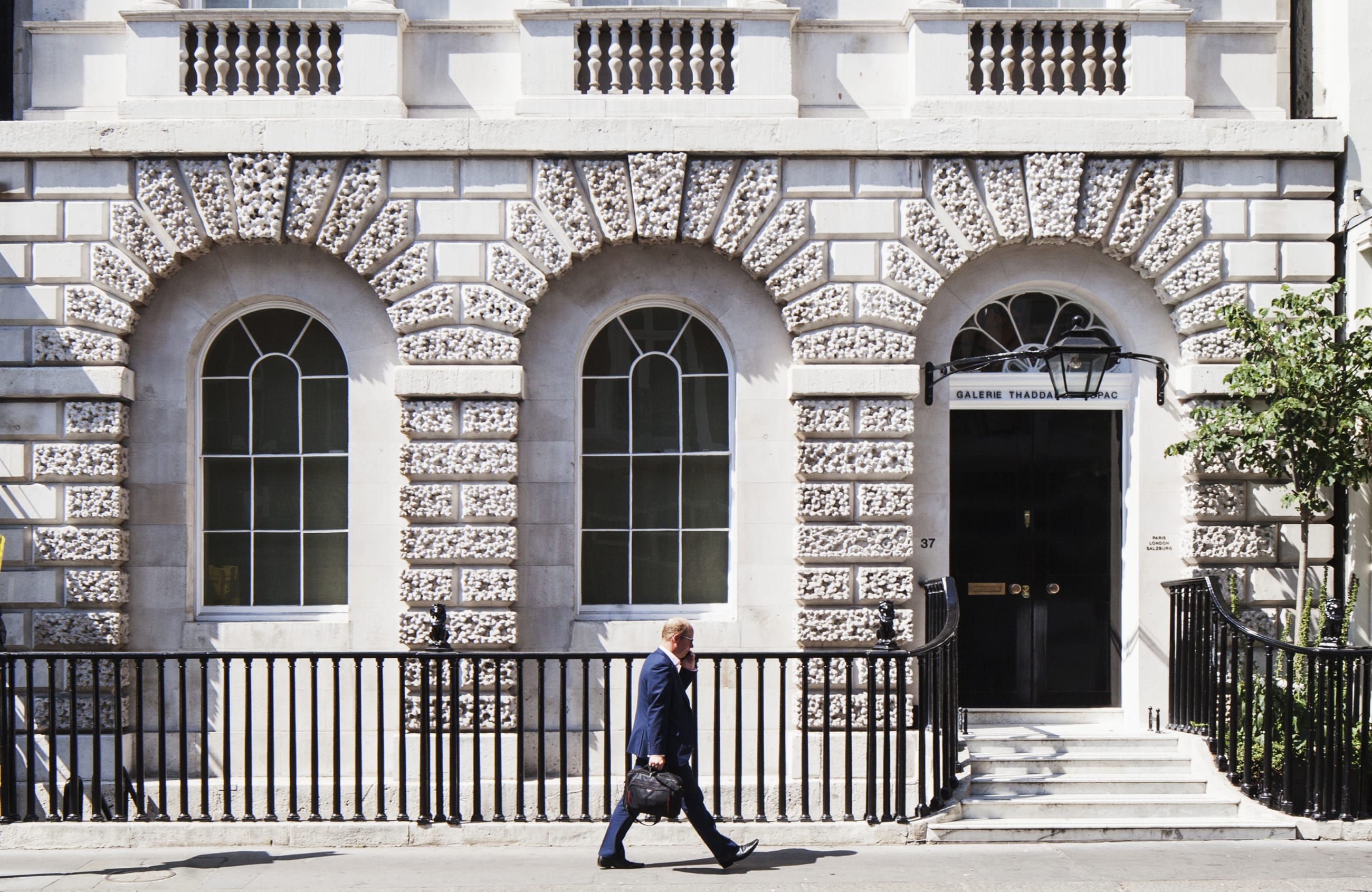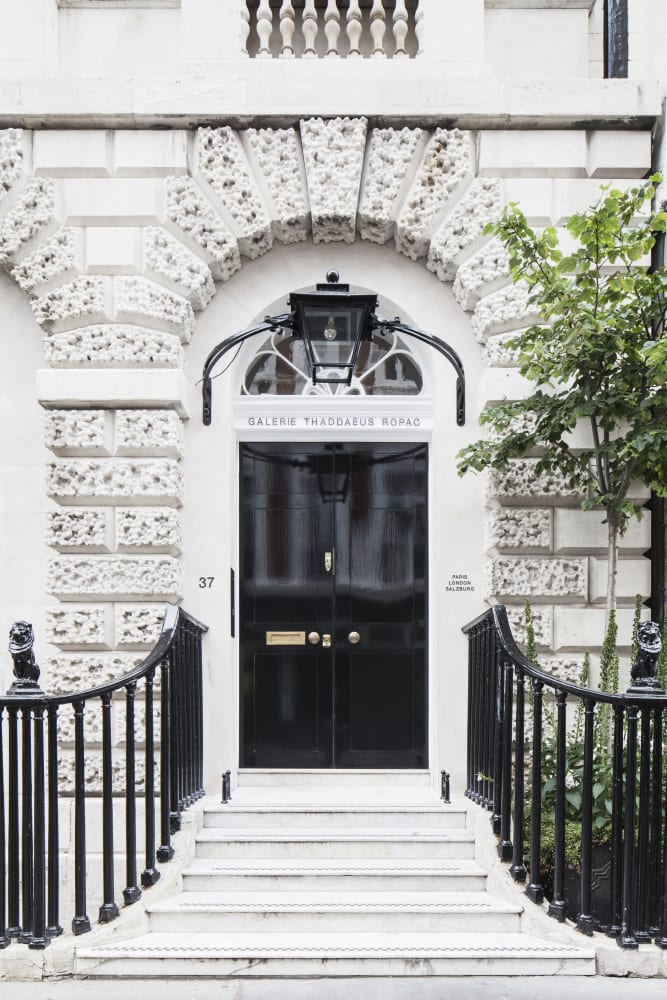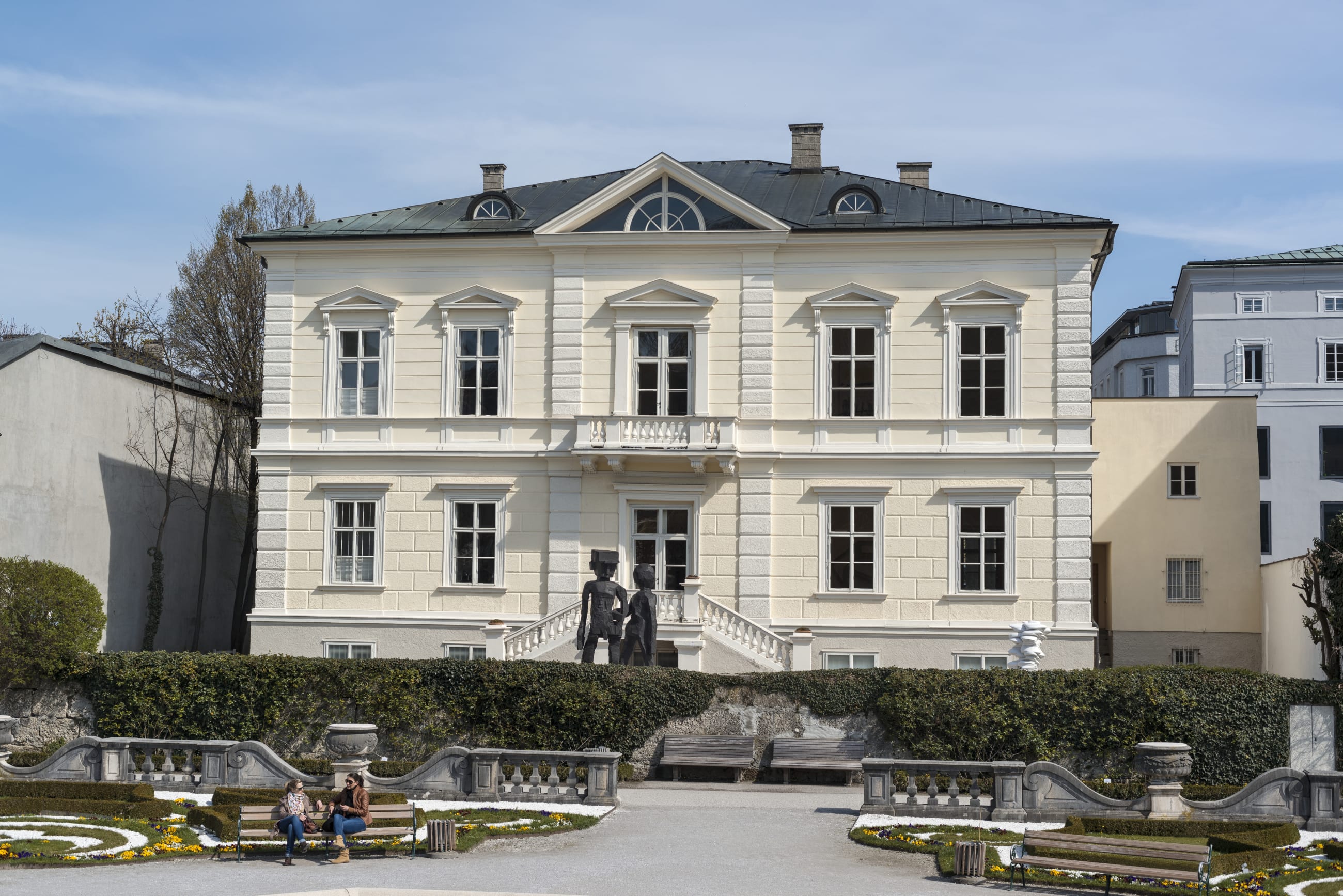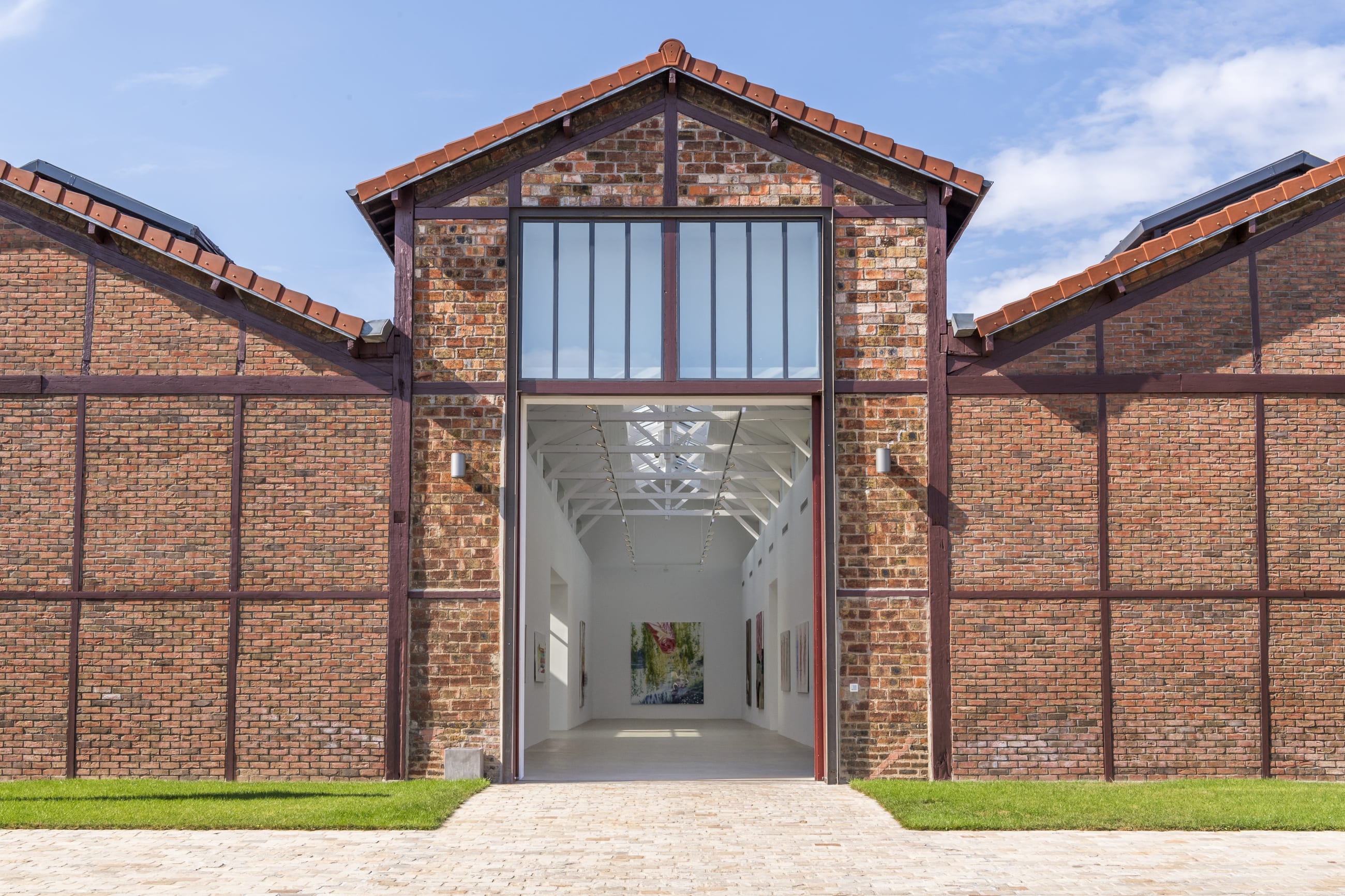

Overview
‘Yan Pei-Ming’s painting does not, in itself, seek to seduce. It is always located at the most sensitive points, in the troublesome areas of our world.’ — Bernard Marcadé
Galerie Thaddaeus Ropac Paris is pleased to present Dating, a new exhibition by Yan Pei-Ming. For this new exhibition Yan Pei-Ming audaciously brings together new oil paintings of popes, female nudes and erotic scenes, along with a series of gouaches.
Yan Pei Ming has long been fascinated by pope portraiture, and its role in the representation of power and authority. With his signature monochromatic palette and energetic brushstrokes, the artist revisits canons that have marked the history of this unique genre by referring to Titian, Giorgione, and Velazquez. His fascination also extends to how our knowledge of these canonical images comes from them being reproduced and circulated to the point that they have their own place in our imaginary museum.
Each painting is transfigured by being rendered in velvety hues of deep red and blue, giving them an intensity and rawness that is further emphasised by the energetic brushwork. There is a gestural quality to Yan Pei-Ming’s painting as revealed by the drips of paint, a recent development of his technique. For Yan Pei-Ming the physical act of painting itself is an essential aspect of the finished work.
The subtle gradations from red to blue allow for a sensorial and emotional impact as if Yan Pei-Ming was capturing the transition from cold to hot. The use of blue is preponderant in the exhibition, in the portraits of popes but also in his nudes. The artist refers to this specific colour as a ‘Paris Blue’. This designation brings to mind Picasso’s famous blue period. While some of the works translate the sense of might, typical of the genre, others convey a more melancholic mood as in Le Titien, 2017.
In the exhibition space the portraits of popes will converse with paintings of a completely divergent genre: female nudes and erotic scenes. As referred by the exhibition title, this is a date between power, women and painting. A dialogue of sorts to restore a balance between the archetype of papal portraiture – considered a noble subject, and the female nude – a reputedly minor subject because of its links with genre painting.
By pairing works that are usually incompatible, the exhibition reflects on how image hierarchies have been abolished in our current information age, as we can so easily switch from a news image of a catastrophe, to a sexually charged advertisement or a more everyday image. Rather than creating a specific narrative, the exhibition seeks to represent the heterogeneity of our visual landscape.
Although quite rare in Yan Pei-Ming’s body of work, female nudes and erotic scenes have been important for Ming early on in his career. In some of his first listed paintings, in 1986, there are explicit references to the nude. He further explored the theme in his iconic Eros City series (2004), portraying prostitutes of capital cities in crimson red. Regarding Yan Pei-Ming’s recent nudes, art historian Bernard Marcadé states: ‘Yan Pei-Ming’s painting does not, in itself, seek to seduce. It is always located at the most sensitive points, in the troublesome areas of our world.’
Most of the nudes’ titles are simply pronouns: Elles, Elle avec Elle, Lui avec Elle, Elle avec Moi, some may be prostitutes, others resemble a famous figure in the history of painting, but the pronouns as titles render the subject non-specific, the painting then attains a universal quality. One of the female portraits is however titled a specific name: Suzanne, which could evoke the name of a prostitute, as well as the story of Suzanne and the elders. This ambivalence stresses the notion of universality that the artist has always put forth: ‘I’ve always tried to speak in a universal pictorial language’.
The female nude is also explored in a suite of grisaille gouaches on view in the upper gallery space. This is the first time since the mid-1980s that Yan Pei Ming works with this medium. The grey gouaches are based on historical photographs from the Niepce Museum collection in Chalon-sur-Saône, France. This series is marked by a sense of intimacy and mystery.
Power is conveyed not only in the choice of subject matter and the materiality of the painting but also through the gaze. Through the audacious display, looks will meet, cross or interplay: the voyeur gaze, the spectator’s gaze and the artist’s gaze. A self-portrait by Ming titled Lui will also be hung on an upper-wall of the exhibition space, watching the play take place.
A catalogue with essays by Bernard Marcadé and Reinhard Spieler will be published on the occasion of the exhibition.

